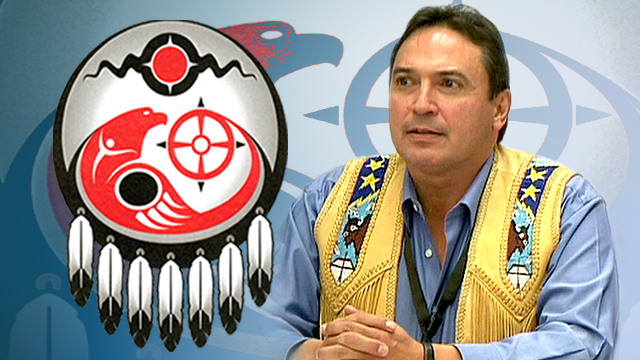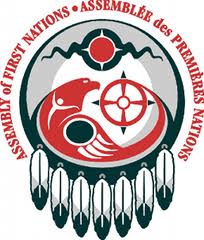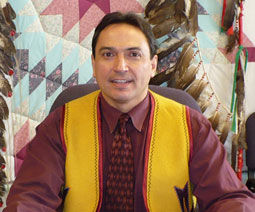By Jake Cardinal
(ANNews) – Canada will take several more years to end all long-term drinking-water advisories in First Nations territories.
In 2015, during the Trudeau Government’s election campaign, the Liberal Party made a promise to end all long-term advisories in First Nations Territories by 2021, with March being the original target month.
But Indigenous Services Canada (ISC) Minister Marc Miller said in December 2020 that this was not possible.
The new timeline was not announced, but revealed in government documents from ISC officials that were shown to the House of Commons Public Accounts committee.
This new timeline was made in response to an auditor general report that found ISC didn’t provide the necessary support to ensure First Nations had access to safe drinking-water.
“Although Indigenous Services Canada made progress in eliminating long-term drinking water advisories, the department was not on track to meet its 2015 commitment to eliminate all long-term drinking water advisories on public water systems on First Nations reserves by 31 March 2021,” the report read.
“Although the coronavirus disease (COVID-19) pandemic delayed progress on some projects, many were already facing delays prior to the pandemic.”
While the documents say that the department will continue work with First Nations to implement projects that address needs for all communities affected by long-term drinking-water advisories, estimates say that it could possibly take until 2026 to end all advisories.
It is estimated that eliminating all drinking-water advisories in First Nations Territories would take until 2023-2024 and it would take until 2025-26 to ensure long-term solutions for stable drinking water supply in some Nations.
There was no reason given as to why it would take another five years.
In the action plan, ISC said the 2023-2024 target completion date depends on “progress on projects and COVID-19 pandemic health and safety measures.”
As of April 9, there were 52 long-term drinking water advisories in effect in 33 First Nations Territories at the time of Canada’s last update.
Forty-three of these advisories were in Ontario, three in Manitoba and six in Saskatchewan.
Assembly of First Nations National Chief Perry Bellegarde said, “The news that advisories may be in place until 2026 isn’t just disappointing, it’s unacceptable.”
“First Nations have the right to clean, safe drinking water.”
Adrienne Vaupshas, a spokesperson for Minister Miller, ensured the public that all long-term boil-water advisories are expected to be lifted “in the near future.”
She also emphasized that the new timeline is only in regards to the timeframe that the department expects all long-term solutions to be completed. At the moment, there is only one First Nation territory that is estimated to take until 2026.
“Estimated construction completion dates are subject to change,” she said. “The pandemic has impacted many water and wastewater projects, resulting in delays. Necessary public health measures, contractor and human resources shortages, and supply chain interruptions continue to create delays in meeting targets.”
Finally, the day after the news broke, ISC Minister Marc Miller also emphasized that there isn’t a “single remaining long-term water advisory lift in a First Nations community that has been delayed until 2026.”
“Clean and safe access to water in First Nations goes beyond the lifting of all long-term water advisories,” Miller said on Twitter.
“This includes commitments to long-term water and wastewater investments, coupled with key investments in operations and maintenance of critical community infrastructure.”





Be the first to comment on "Canada adds 5 years to clean drinking water promise"